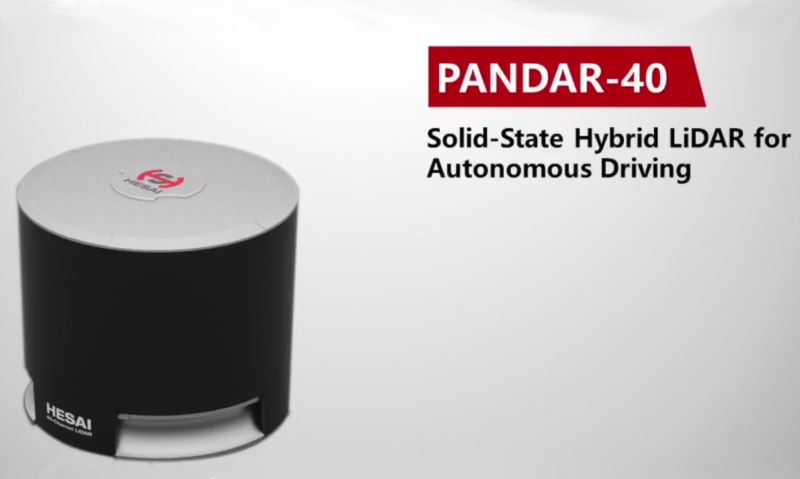The Shangai-based company Hesai has received a Series A round of $16 million from Pagoda Investments to further develop the company’s lidar sensor for autonomous vehicles.
Founded in 2013, Hesai started developing smart sensing solutions for autonomous cars and natural gas leak detection system. The 50-person team has members from various established companies including Apple, Carl Zeiss AG, American big data storage company Western Digital Co, Tektronix Inc, and the Institute of Semiconductors at the Chinese Academy of Sciences.
The company has developed a few products for different applications, such as the Handheld Remote Methane Leak Detector, a laser-based tool to detect methane leaks, and the Natural Gas Surveillance System for drones, designed for high-rise buildings’ natural gas leak inspection.
In 2010, the company launched its first 32-channel LiDAR sensor for autonomous cars, which was recently replaced by the new 40-channel LiDAR sensor, Pandar 40. Hesai’s small LiDAR sensor provides a measurement range of 150 m with an accuracy of around 2 cm, a horizontal 360º field of view with a rotation rate between 5Hz up to 20Hz, and data points generated at 640kHz.
Hesai has already partnered with a number of autonomous driving technology and car companies including Baidu Inc., Chinese electric vehicle start-up NIO and self-driving tech firm UiSee.
Now, Pagoda Investment, a growth capital and buy-out investment firm made a 16$ million bet on Hesai to help its growth in the automotive industry.
“The autonomous driving industry is about to boom, but a lot of ecosystems are in the development stage, and it is a professional industry with high entry barriers. Only companies who have the capability to continuously develop high quality products can survive,” said Pagoda Investment, “Pagoda Investment hopes that we can integrate our funds to support the domestic and overseas automobile industry.”
In the meantime, Hesai plans to use this investment to accelerate mass production of the Pandar 40, and further develop its new lidar sensor, Pandar GT, which offers greater reliability at a lower cost.






